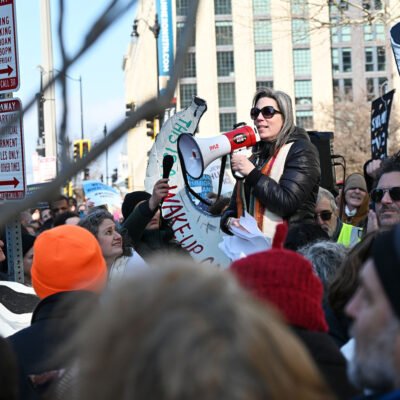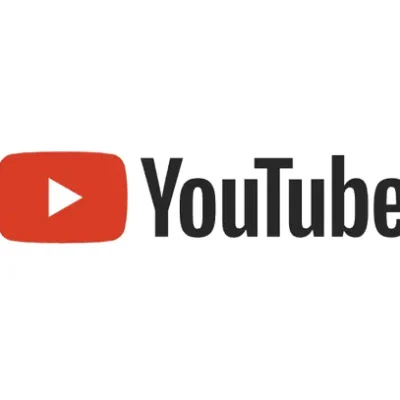For JACK, mask requirements were an easy decision. Their mission is to “fuel experiments in art and activism…to bring about a more just and vibrant society.” This mission has fueled them to serve as a space for mutual aid distribution, and they have distributed tests intermittently throughout the pandemic. JACK leadership knew that to be aligned with the organization’s values, they would have to require masks to create a safe environment for all.
As they have already curated an audience that knows their mission, most of the members understand the mask mandate. But still, audience pushback exists. There have been a few patrons who have left because they didn’t want to wear a mask. And that may happen at your theatre.
But I’ve known theatres where audiences didn’t want to engage because of too many curse words, because of colorblind casting, because the theatre programmed more new plays than classics. In those experiences, the artistic leadership accepted losing those audience members, understanding that those people were not in alignment with the theatre’s mission.
Could we reach that understanding when it comes to mask-required performances? If we want to create an anti-racist, accessible, equitable theatre, can we be okay with losing audience members who don’t align with those values?
There is also an audience to be gained. There are people who are not going to the theatre because it isn’t safe. If there were widely advertised mask-required performances, this audience would see that their presence at shows is valued.
Both Azure and the JACK leadership shared that it is so much easier to get someone to wear a mask when you provide one. Increasing the budget to buy masks may be a concern. But as Ezra Tozian pointed out in their recent Medium article, “A New Conscious-ness”: “Theatres are collectively losing hundreds of thousands of dollars due to postponements and cancellations.” What is cheaper in the long run? Plus, providing masks may not be as expensive as you think. You can buy six hundred KN95 masks for less than forty dollars.
Clean the Air
COVID is airborne and can linger in the air like smoke for hours. You can make a difference by cleaning the air. If someone in your audience has COVID but you have high efficiency particulate air (HEPA) filtration in the space, you are doing a lot to prevent further infection. A study showed that having two HEPA air filters close to an infected person reduced the chance of exposure by 65 percent. Layers of protection are the best, as we learned from the swiss cheese model earlier in the pandemic. Utilizing air filtration and masking can reduce the chance of exposure by 90 percent.
With this in mind, we need to have conversations about air quality in our theatres. We need to be transparent about where we are currently and make plans to improve if needed. This is not only important for COVID prevention. Air pollution has been plaguing certain parts of the United States for a while. This past summer, many more of us felt the impacts of poor air quality as a result of the Canada wildfires. As the climate emergency worsens, you are investing in the health of your audience and arts workers by cleaning the air.
Creating an equitable, anti-racist, just theatre industry isn’t and won’t be easy. We do it because we believe it’s worth it.
Advocate
I know not everyone reading this essay has the positional power to require masks or upgrade air filtration. But you likely have more power than you think. Be the voice in the room speaking up. I am a playwright who recently secured mask-required performances for my shows after asking about COVID precautions. Use your platforms, like Azure and Caridad. Ask about COVID precautions before signing a contract and be clear that you find them necessary.
We work in an industry where we are encouraged to say yes to any opportunity, as Sara Bozin recently highlighted in her essay. But we must be willing to advocate for what we believe in. When you advocate for COVID precautions, you are making the experience safer for BIPOC and disabled audiences, for the artists you are working with, and for the artists who will come after you.
I’m not suggesting it is easy. If theatre returned to taking COVID seriously, we would be doing what the vast majority of the country is not doing. Our audiences might be shocked and we might receive pushback.
But tech week isn’t easy. Running a show with hundreds of cues isn’t easy. Creating an equitable, anti-racist, just theatre industry isn’t and won’t be easy. We do it because we believe it’s worth it.
“We all owe it to each other to care for each other in this way,” Skye from JACK shared. If you want to build an equitable theatre industry that practices collective care, advocate for COVID precautions and urge your peers to do so too.



